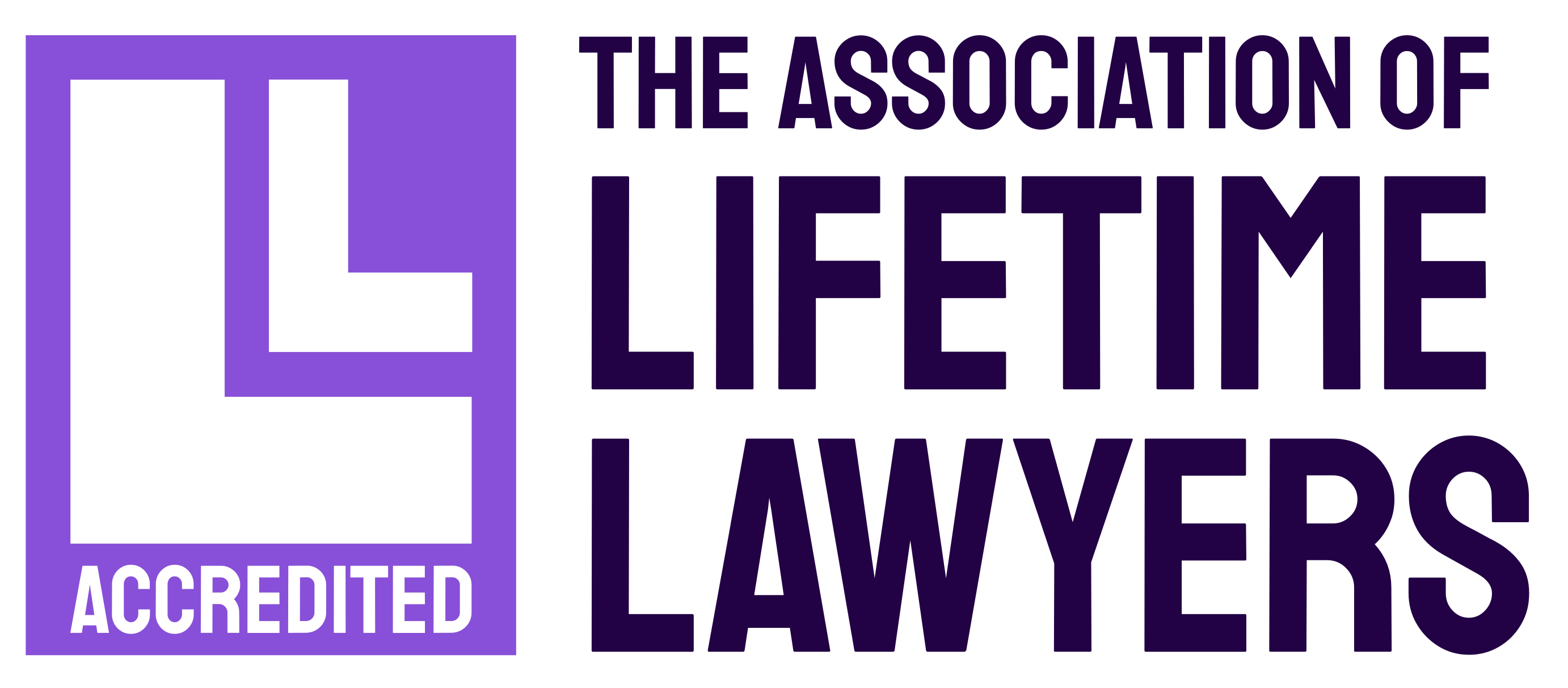News & insights
Will you have to pay the new stamp duty tax this April?
5th March 2016
Whenever new legislation is announced, confusion abounds and the Governments announcement on Stamp Duty is no exception.
Sellers and Buyers have been rushing through property transactions in the region in a bid to avoid falling foul of extra charges.
But, for those who are still to make their purchase come Stamp Duty D-Day, who will have to pay? Iv’e had many inquiries from concerned buyers wondering about whether they will be affected. So, in a bid to cut through the confusion, here are some of the main points to bear in mind
Anyone who buys additional residential property, including holiday homes and buy-to-lets, will have to pay an extra three percent in Stamp Duty from April 1. The new legislation, announced in George Osborne’s last Budget, means homes worth up to £125,000 will incur a three per cent charge, rather than the current zero. No Stamp Duty will be payable on properties with purchase prices up to £40,000.
Those worth between £125,000 and £250,000 will mean a five per cent tax, there will be eight percent Stamp Duty to pay on properties worth between £250,001 and £925,000, while those up to £1.5m will be subject to 13 per cent and those over this amount will pay 15 per cent.
Other considerations to bear in mind are:
If your’e purchasing a property as a buy-to-let but you don’t own your own home, you shouldn’t have to pay the surcharge. Many people go down this route, either because they need to relocate because they cant sell their own home or because they want to invest in property but cant afford to buy in the place they live.
Many homeowners who own their own home along with a buy-to-let or a holiday home are concerned that if they sell their main residence and either upsize or downsize to a new property then they could face higher charges. But, because they are purchasing a home, rather than a second property, they wont be subject to the increased Stamp Duty fee. They already have two properties and will still have two properties; therefore the Stamp Duty fee will not be retrospective.
There is no loophole in the new fees for married couples or civil partners. You cant own a property each before having to pay more. You will be treated as if you are one unit so any second home you buy will attract higher rates.
The new fees could impact parents who want to help their children onto the property ladder. Many lenders now require parents to take out a joint mortgage with their child rather than simply acting as a guarantor. This means, you will face the higher charges as it will be counted as a second home. Alternatives are to give a cash gift to help with a deposit or find a lender willing to have you act as guarantor without you putting your name on the title deeds.
You could be able to claim back extra Stamp Duty. If you own two properties, but only because you have failed to sell your old home, you may be entitled to a refund provided that you sell within 18 months.
Being aware of the new charges means you can think carefully about how and why you want to make your purchase, considering whether the additional Stamp Duty means your sums still add up as an investor, or potentially deciding to go down a different route to help your children to buy their own home.
Please note: This article is intended as guidance only and does not constitute advice, financial or otherwise. No responsibility for loss occasioned/costs arising as a result of any act/failure to act on the basis of this article can be accepted by Latimer Hinks. In addition, no responsibility for loss occasioned/costs arising as a result of any act/failure to act on the basis of this article can be accepted by the firm.
Martin Williamson is Head of Residential Property at Latimer Hinks Solicitors in Darlington. Latimer Hinks has a team of around 40 people serving private and corporate clients. For further information go tohttp://www.latimerhinks.co.ukor call 01325 341500.
Latimer Hinks solicitors, based in Darlington, has a team of around 40 people serving private and corporate clients. Their range of expertise and services covers legal issues surrounding commercial, residential and agricultural property, wills and lasting powers of attorney, trusts, probate, long-term care, tax planning, commercial law, alternative and renewable energy, employment, and land-owning.

Martin Williamson




